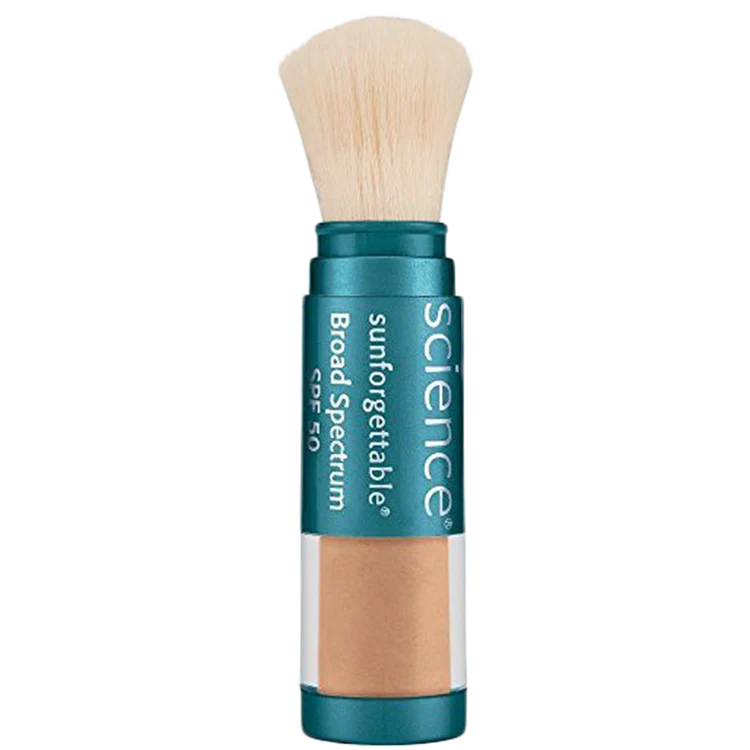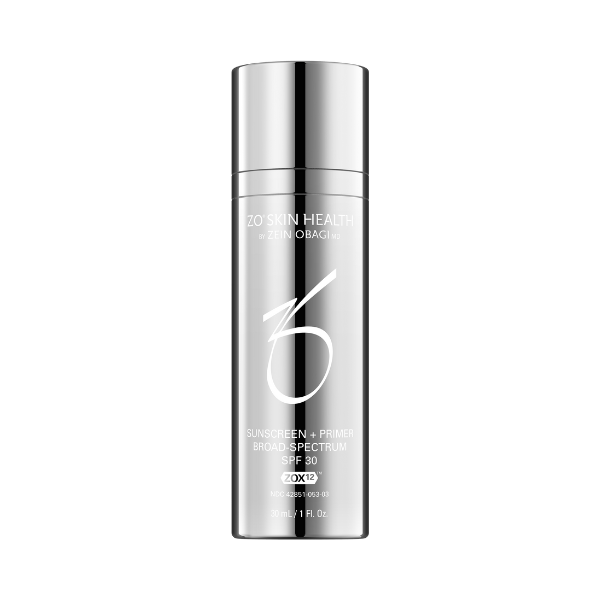Why SPF is Important
Using sunscreen effectively begins with addressing key questions on its purpose, its benefits and its inherent limitations. How long does sunscreen last? How much sunscreen to use on your face? How often to reapply sunscreen? How much SPF do you really need? Does sunscreen make-up powder really work? What is the best physical block sunscreen available? What’s best for my skin type?
All important questions, which in all instances have fairly straightforward answers. But what’s essential to remember is how dermatologists continue to remind the world that sunscreen is not reserved exclusively for days at the beach.
Quite the opposite – it’s something that should be used on a daily basis, whatever the weather.
Let’s take a closer look at some of the most important questions concerning sunscreen and the whole SPF issue:
What does SPF stand for and why is it important?
The SPF rating on a sunscreen product stands for ‘sun protection factor’. This could be anything from SPF 5 to SPF 50, and gives an indication as to how long the product in question can protect your skin from burning.
For example, while wearing a product with an SPF rating of 30, it would take 30 times longer for your skin to redden and burn than if you were wearing no sunscreen at all.
But what’s important to remember here is how the SPF rating of a product is not indicative of the protection it provides from UVA rays. A sunscreen could technically have an SPF rating of 50, and yet offer no protection from UVA rays - the rays responsible for long-term skin damage.
You, therefore, need to ensure that the sunscreen you use offers protection from both UVA and UVB rays – i.e. a product that provides “broad-spectrum” protection.

Should you wear sunscreen every day?
Yes, for the simple reason that all UV exposure can be hazardous to your skin’s health. It causes premature aging, winkles, pigmentation, skin laxity, blackheads and most importantly skin cancer. It’s often (wrongly) assumed that unless it is bright, sunny and warm outdoors, your skin is safe. In reality, temperatures often have no bearing on the extent to which the sun is damaging your skin at the time.
UV rays can pass through cloud cover, and can be just as dangerous on cooler days. In terms of both delaying the most prominent signs of ageing and reducing the risk of skin cancer, wearing sunscreen every day is recommended by most dermatologists, no matter the season or weather.
Though of course, you may not need quite the same level of protection as you would on a sunny beach in the middle of summer.
However, we are still susceptible to UV damage indoors at home, at work, and even in our cars.
When should sunscreen be applied as part of my routine?
This is a common cause for confusion, but the basic rules for good-practice sunscreen application are quite straightforward. In short, the sunscreen you use should typically be the final step in your skincare regime – i.e. the last thing you apply, prior to adding make-up.
Consequently, any moisturizers or general skincare products you plan to use should be applied before sunscreen. In all instances, allowing plenty of time for the skin to absorb them before applying sunscreen is essential.
If you are using any prescription skincare products or OTC topicals for medical purposes, consult with your practitioner to ensure you choose an appropriate daily sunscreen.

How much sunscreen should I apply?
Figuring out how much sunscreen to use on the face and elsewhere begins with reading the manufacturer’s guidelines in full. Far from erring on the side of caution, research suggests that most people use significantly less sunscreen than product manufacturers recommend, adversely affecting the level of protection they benefit from.
As a general rule of thumb, sunscreen is most effective when approximately 2 mg is applied for every square centimetre of the skin. This is the quantity applied when sunscreen is tested for its SPF rating, and so is necessary to achieve this level of protection.
Simplified slightly, this is approximately how much sunscreen you should be looking to apply with an everyday SPF lotion:
- Around ½ tsp. for the face and neck
- Around ½ tsp. for each arm
- 1 tsp. for the back and shoulders
- 1 tsp. for the abdomen and chest
- Slightly more than 1 tsp. for each leg
Of course, the exact amount needed will vary in accordance with the size and shape of the individual in question.
How long does sunscreen last?
Applying sunscreen at least 20 to 30 minutes before heading out into the sun is essential, as it takes time for its protective properties to fully activate. How long a layer of sunscreen lasts will be indicated in the manufacturer’s guidelines, and can vary from one product to the next.
As a general rule of thumb, dermatologists recommend reapplying sunscreen every 2 hours, or immediately after perspiring, bathing or drying off with a towel. Some sunscreens are designed to offer day-long protection after a single application, but their effectiveness can still be compromised by factors like exposure to water.

How much protection does SPF 50 provide?
A product that has been certified with an SPF 50 rating will protect the skin from around 98% of the sun’s harmful UVB rays. However, the effectiveness of most conventional sunscreens begins to decline after around 2 hours – sometimes even sooner.
This, therefore, means that irrespective of the SPF rating of a product, it may still be necessary to reapply it several times throughout the day. Consult the manufacturer’s guidelines for more specific information on application and reapplication.
What are the best SPF products on the market right now?
The ‘best’ SPF products are those that combine straightforward application with long-lasting protection and a convenient format. Consequently, three of the highest-rated SPF products currently available from the world’s most renowned manufacturers are as follows:
Packed with precious antioxidants, Sunforgettable EnviroScreen is an advanced mineral powder that offers multi-dimensional protection for the skin throughout the day. The powder offers broad-spectrum protection from UVA and UVB radiation with an SPF rating of 50, while the hyaluronic acid gets to work keeping the skin hydrated and comfortable.

Drying to a sheer matte finish in seconds, ZO Sunscreen + Primer is a decadent yet non-greasy sunscreen with an SPF rating of 30. It contains natural melanin to protect the skin from the aging effects of HEV light, and can be worn with or without makeup. Great for staying safe in the sun, while effectively hiding minor skin imperfections.

Skinceuticals Physical Fusion UV Defense boasts 100% mineral filters and translucent color spheres that come together to provide superior protection from UVA and UVB radiation. Suitable for all skin tones and skin types, Skinceuticals Physical Fusion UV Defense dries to a beautiful sheer finish and is also water-resistant for up to 40 minutes.

What are UVA and UVB rays?
Exposure to the sun can place the skin at risk from the harmful effects of long-wave ultraviolet A (UVA) and short-wave ultraviolet B (UVB).
UVB rays are responsible for reddening and burning the upper layers of the skin – i.e. the epidermis (top layer) and the dermis (the layer that lies underneath). When you experience a sunburn, UVB rays are responsible.
Meanwhile, UVA rays are considered more dangerous, as they are able to penetrate more deeply into the dermis and cause more severe damage. Exposure to UVA rays is linked with premature skin ageing, and can even suppress the immune system.
This is why it is essential to choose an SPF product that offers “broad spectrum” protection, meaning it protects the skin from both types of radiation.
Is mineral powder SPF sunscreen effective?
Last up, mineral powder sunscreen can be highly effective, when it is used properly. Where many users go wrong is in the assumption that powder sunscreen can be used in place of a conventional layer of SPF lotion.
In reality, mineral sunscreen is designed to ‘top up’ the effectiveness of a base layer with an added layer of protection. Premium powder sunscreen can have an SPF as high as 50, but should still be used on top of a conventional base layer.
Dermatologists therefore highly recommend carrying a high-end mineral powder sunscreen for regular top-ups throughout the day, which can be applied quickly and easily on top of makeup.
For more information on SPF or any of our products, contact a member of the team at My Skin Shop today via email, phone call, or text message.
